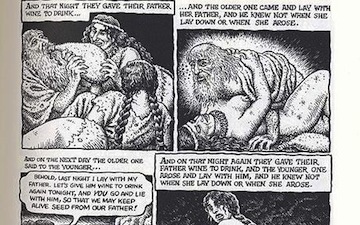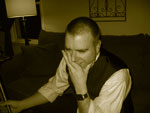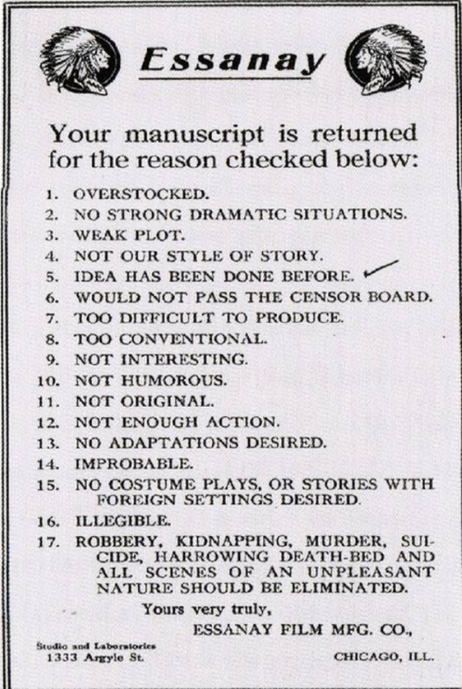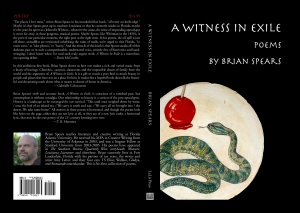Good Questions Can Help
Deanna Hershiser
 Another suggestion or two for the newbie Bible reader.
Another suggestion or two for the newbie Bible reader.
The Trouble With Texts
It's pretty neat that Blog Manager Travis Griffith is taking on reading the whole Bible. His eye-opening experience has left him feeling "punched in the face with these taboo topics and left wondering if folks just choose not to discuss this stuff in polite company..."
Perhaps I'm not the only Relief fan uttering a small chuckle. Welcome, Travis, to the foundational Christian writings.
The Bible is difficult. Though many consider it fairy tales for children, others find upon closer inspection a not-ready-for-prime-time experience. But read any ancient tome, from Cicero to Chaucer, and you'll discover a lot we no longer bring up at dinner.
As Christians today, the reason for our indigestion over the Bible isn't usually the racy content, or so I've found. What we shy away from is a truck load of different teachings about why the Bible includes what it does. Thousands of years after Genesis' papyrus dried, we don't remember what issues were being addressed or who the author was speaking to. When it comes to glimpses into the world of Moses (the probable Genesis author), most of us have no clue.
It's as if my grandma came back to life and tried to decipher a text message from my son's girlfriend's phone, but everyone younger than Grandma had died, leaving no one to interpret for her. There wouldn't be much way to understand the real gist of the thing.
I guess to take my analogy further, you could picture Grandma surrounded by people from her time -- each of them with their own guesses as to the meanings of "lol," "jk," and "ftw." Each would guess according to his own assumptions about context and other factors. Someone might insist this wasn't language at all, that it was gibberish or that Grandma made up the idea that people had developed a new code for electric gizmos.
Reading the Bible, we rely on interpretations of ancient Hebrew and Greek by people with their own assumptions. Then we read the English wording according to individual perspectives. Some of us have been served portions or the whole from childhood. Someone like Travis Griffith has only heard of the Bible but has never before tasted it for himself. There are dozens of ways, at least, to begin thinking about the message between the biblical covers, and how are we really to know which one is close to the truth?
The Quality of Questions
Before despairing totally over this situation, I came to see there is hope for an understanding-related reading of the Bible. After all, people translate and read other ancient books with a fair amount of confidence. We don't chuck everything written before the 20th century; there are proven ways to get at ancient meanings. And, yes, I'm one of those who believes the Bible is the unique book in history -- the one God inspired (however that happened). But I think it was written by regular authors for regular readers. There's more work involved in getting at original intent than I might put into reading a text message (though I'm not too good at those). But it's a worthwhile task.
I encourage Travis and anyone looking into the Bible from new or old assumptions to start by asking good questions about the text. This idea I find explored exceptionally well by a teacher from Gutenberg College, a great books school in my town. In 2000, David Crabtree taught a recorded series on Genesis in which he proposed studying the Bible's first book in order to begin discovering answers to basic biblical, faith-related, questions.
Dr. Crabtree's key question for Genesis, and for the Bible is, "Why?" This gets filled out regarding God as, "What kind of being is the Creator? Who is God? What is his nature?" And regarding us: "Why did God create man? What is our purpose? Why do we exist? And what provision did the Creator make for mankind?"
These sorts of questions get at the heart of a valuable Bible read-through. They acknowledge that assumptions exist and that it's valid to work at getting past my own. They're close to the core of a soul seeking spiritual truth.
David Crabtree's complete audio series on Genesis is free and available from this Gutenberg link (it lists sessions in reverse order) and at iTunesU.
Deanna Hershiser’s essays have appeared in Runner’s World, BackHome Magazine, Relief, and other places. She lives with her husband in Oregon and blogs at deannahershiser.com











